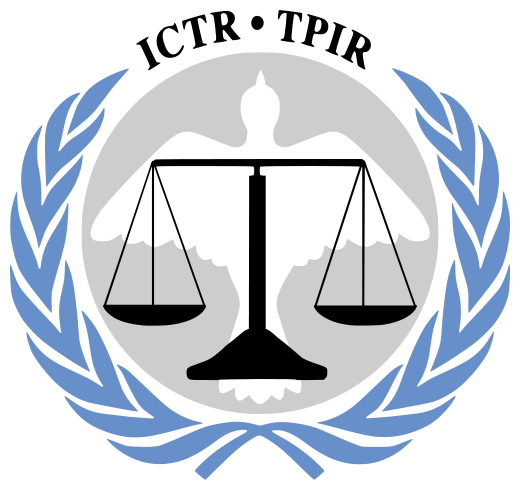Jens Dieckmann, German Lawyer and Associate Member of 9 Bedford Row International, has been appointed to the Expert Commission on Asylum by the Federal Board of Amnesty International Germany. Due to § 5 Rules of Procedure and § 8 (7) of the board’s Working Framework, an Expert Commission on Asylum may offer assistance and advice in all Asylum and Refugee Law matters.
Sidebar
INTERNATIONAL CRIMINAL TRIBUNAL FOR RWANDA
Recognizing that serious violations of humanitarian law were committed in Rwanda, and acting under Chapter VII of the United Nations Charter, the Security Council created the International Criminal Tribunal for Rwanda (ICTR) by resolution 955 of 8 November 1994.
The purpose of this measure is to contribute to the process of national reconciliation in Rwanda and to the maintenance of peace in the region. The International Criminal Tribunal for Rwanda was established for the prosecution of persons responsible for genocide and other serious violations of international humanitarian law committed in the territory of Rwanda between 1 January 1994 and 31 December 1994.
It may also deal with the prosecution of Rwandan citizens responsible for genocide and other such violations of international law committed in the territory of neighbouring States during the same period.
By resolution 977 of 22 February 1995, the Security Council decided that the seat of the Tribunal would be located in Arusha, United Republic of Tanzania.




